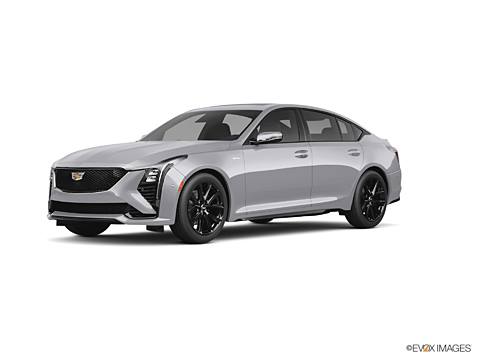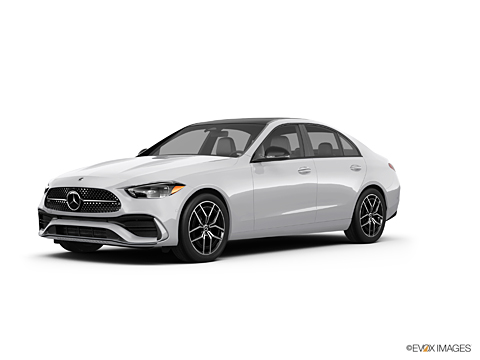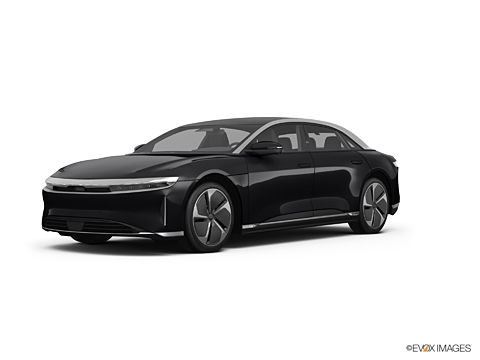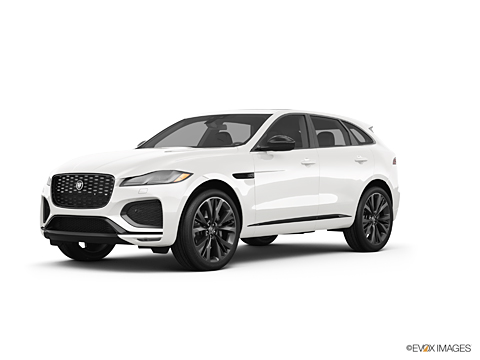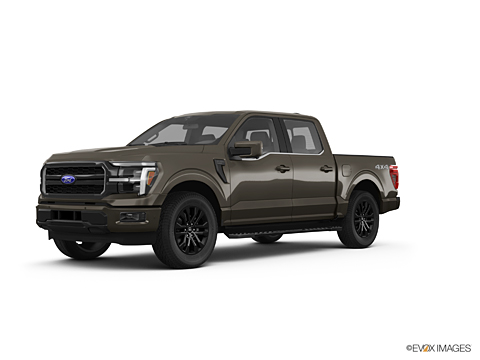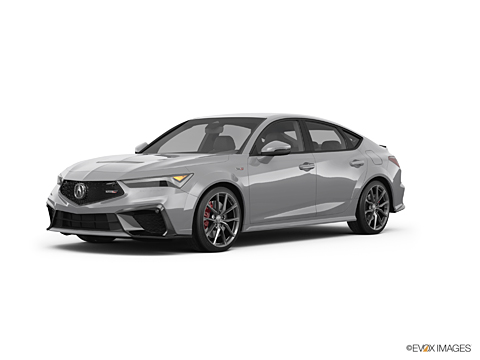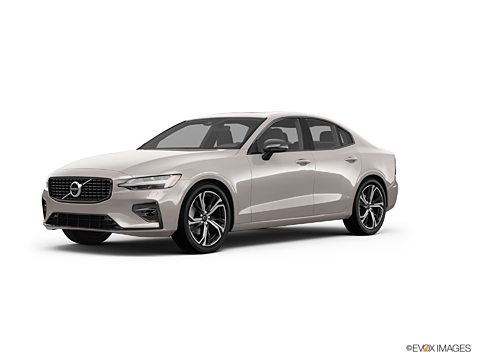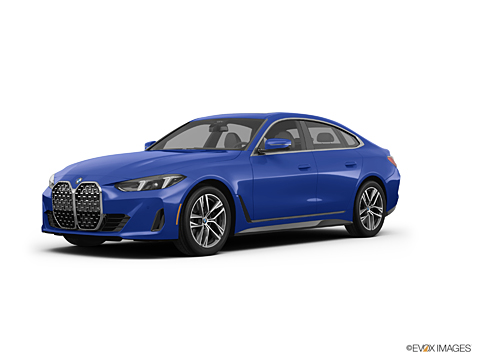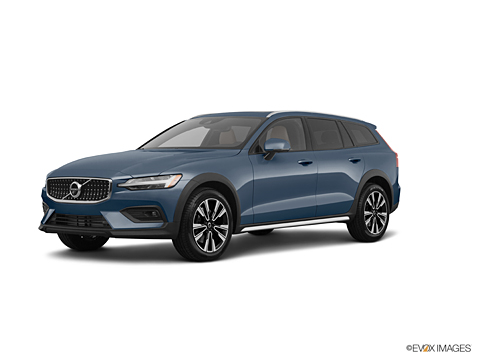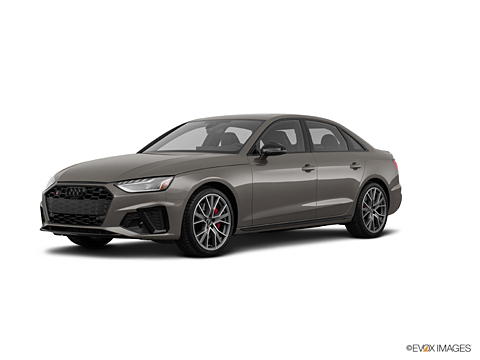
Best Performance Luxury Cars for 2026
These are the best performance luxury cars based on iSeeCars' analysis of each vehicle's power to weight ratio
The best performance luxury small and compact car is the BMW M3 (7.6 weight-to-horsepower ratio), with the Cadillac CT5-V being the best performance luxury midsize car (6.2 weight-to-horsepower ratio). The Audi RS 7 performance ranks #1 for the best performance luxury large cars (7.9 weight-to-horsepower ratio).
The best performance luxury hybrid car is the Chevrolet Corvette (hybrid coupe) (3.6 weight-to-horsepower ratio) and the best performance luxury plug-in hybrid car (PHEV) is the Mercedes-Benz C-Class (Plug-in Hybrid) (7.2 weight-to-horsepower ratio). Topping the list for the best performance luxury electric cars is the Lucid Air (4.3 weight-to-horsepower ratio), while the Chevrolet Corvette (coupe) ranks first for the best performance luxury sports cars (3.6 weight-to-horsepower ratio).
The best performance luxury convertible is the Chevrolet Corvette (convertible) (3.7 weight-to-horsepower ratio), with the Porsche Panamera (wagon) being the best performance luxury wagon (7.6 weight-to-horsepower ratio).
Luxury vehicles may not be the most obvious choice for performance car shoppers, but the two personalities blend easily, resulting in a single model with daily driver comfort and high-performance weekend thrills. The best luxury sports cars, sport coupes, and performance sedans can rival supercar performance on the track while delivering grand tourer levels of refinement on the way to and from said track.
iSeeCars has identified the best luxury performance cars and grouped them below according to size and price. Within each category are model rankings based on power-to-weight ratio, which is a measure of a vehicle’s curb weight divided by its peak horsepower rating. While both horsepower and weight play a role in vehicle dynamics, it’s really the combination of both that decides how a car performs. Vehicles with nearly identical power-to-weight ratios (within 0.1 pound per horsepower of each other) are considered a tie, with the lighter vehicle being ranked above the heavier vehicle.
It’s worth noting that while models from Audi, BMW, Lexus, Maserati, and Mercedes-Benz are obviously luxury cars, mainstream brands can also produce mid-engine roadsters or powerful muscle cars that meet the definition of “luxury” due to their high price, advanced powertrains, and premium driving experiences. The Chevrolet Corvette, Ford GT, and Nissan GT-R may not wear luxury badges, but their drivetrain upgrades, benchmark performance, and roughly 200 mph top speed puts them in the same category as a Ferrari Roma, Lamborghini Huracan, or Porsche 911 Turbo.
Luxury performance cars come in many configurations, from minimalist rear-wheel-drive two-seaters to plush sedans with SUV-like interior space and all-wheel drive to tackle slick roads. Common characteristics among the best sports cars and luxury sedans include a powerful engine, advanced infotainment system, comfortable-yet-confident handling, and high levels of quality and refinement.
Browse the categories below to see how each luxury performance car ranks within its segment. You can also research each vehicle’s new car MSRP and used pricing, along with mpg ratings for each model. Keep in mind the power-to-weight ratio used for ranking vehicles, which means even a twin-turbo V8 engine in a British McLaren or Italian Ferrari may be outranked by a far smaller, less powerful engine in a much lighter vehicle.

How We Rank These Cars
The best performance cars rank vehicles by their weight-to-horsepower ratio.
The weight-to-horsepower ratio is calculated based on a vehicle's curb weight and horsepower at the trim level - the less weight one horsepower has to pull, the better performance a vehicle can provide. For cars with a ratio within 0.1 of each other, lighter vehicles always have the advantage in performance and are ranked to reflect that. For each vehicle, we also show the iSeeCars Score which rates the overall quality of a vehicle.
The iSeeCars Score is an analysis of three factors: reliability, resale value and safety. It is calculated based on the latest research and analysis by our data science team. The data analysis comes from over 12 million new and used vehicles in our Longest-Lasting Cars and 5-Year Depreciation Studies, combined with NHTSA and IIHS Safety Ratings.
Vehicles are scored in three categories:

Reliability
The reliability score represents an analysis of iSeeCars' proprietary research on the longest-lasting vehicles.

Value Retention
The value retention score is based on our data science team's statistical analysis and prediction of 5-year depreciation from MSRP to determine which cars hold their value best, using US Bureau of Labor Statistics data to adjust for inflation.

Safety
The safety score is calculated based on the last five years of crash test ratings from the National Highway Traffic Safety Administration (NHTSA) and incorporates the latest Top Safety Pick information from the Insurance Institute for Highway Safety (IIHS).


